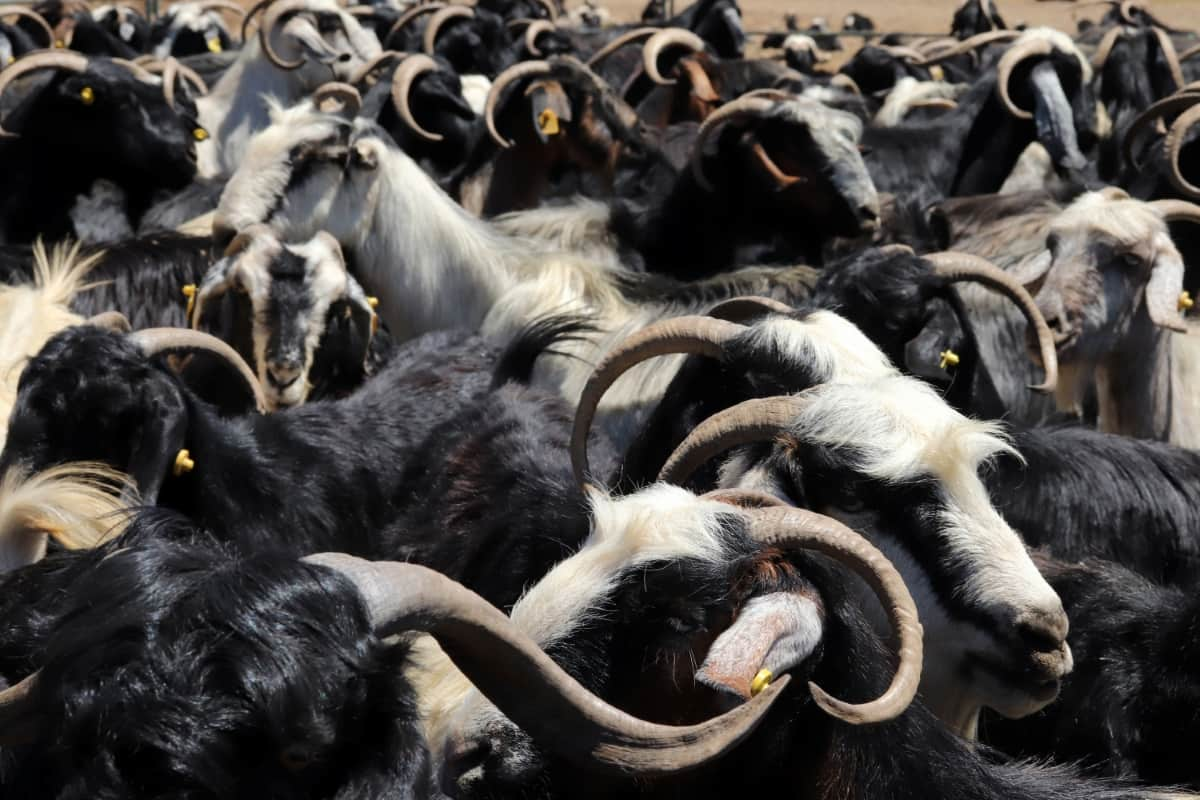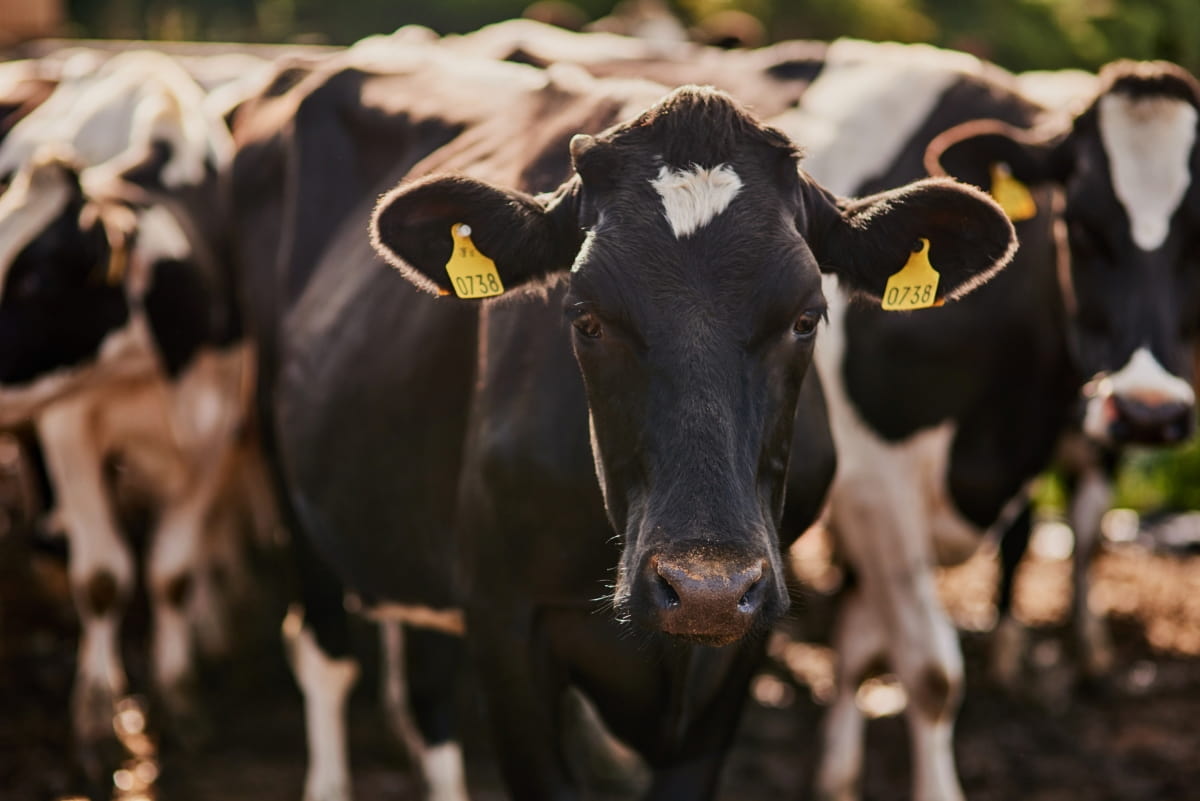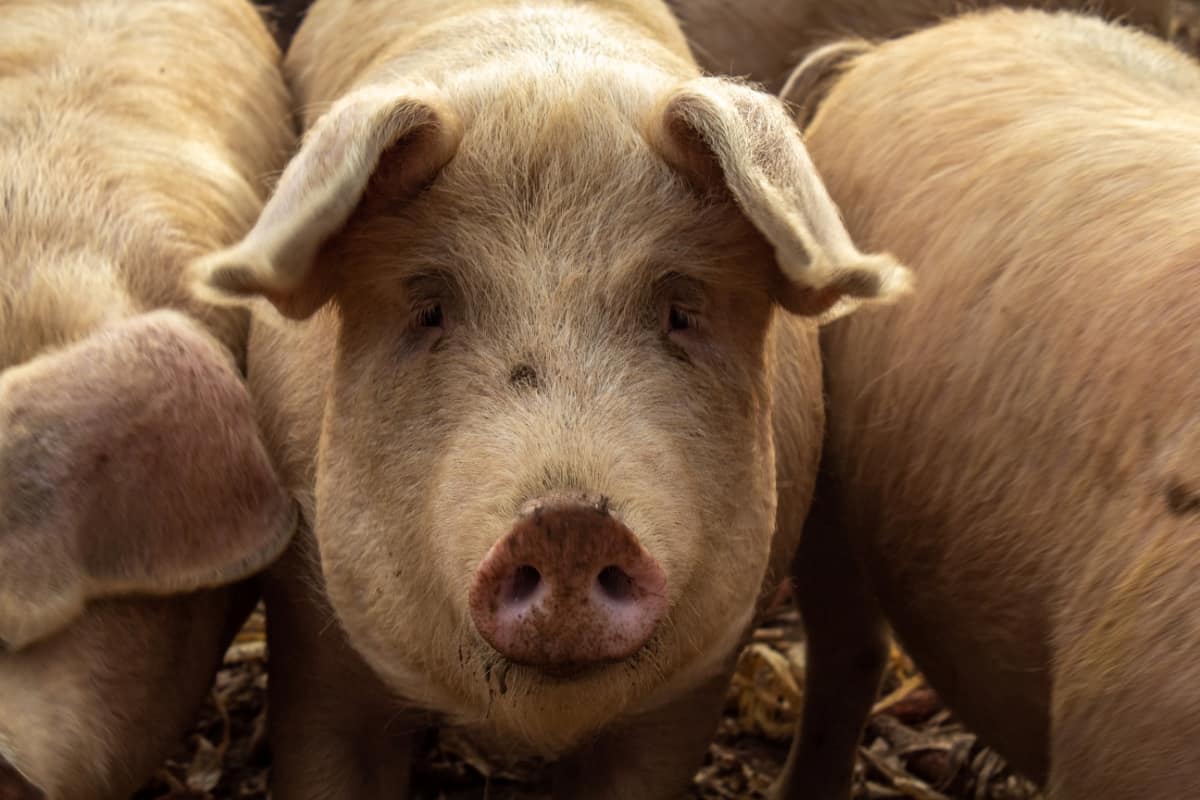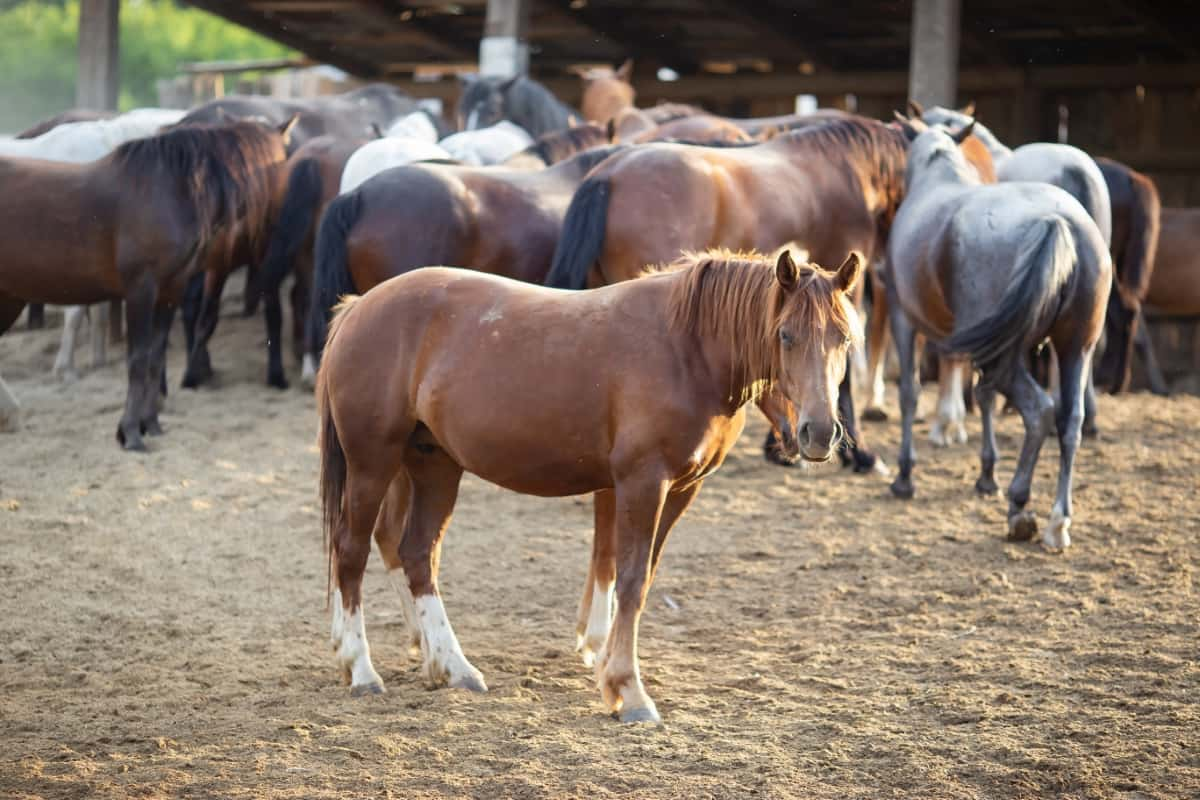Entering the world of agriculture, one cannot overlook the importance of livestock auctions. In this essential marketplace, cattle, sheep, and pigs are sold to the highest bidder. Here is everything you need to know about livestock auctions. This process is governed by a set of livestock auction rules that ensure the smooth operation and fair trade practices within the auction.

Familiarizing yourself with cattle auction terminology is vital, as it allows for a better understanding and navigation of the auction process. At the core of these auctions is the primary question: how are cattle sold at auction? This involves a systematic process where bidders compete in real time, vying for the livestock they wish to purchase.
Livestock Auctions
The Role of Livestock Auctions in the Agricultural Industry
Livestock auctions play a crucial role in the agricultural industry as a pivotal point where buyers and sellers converge to trade animals. They facilitate a transparent platform for farmers, breeders, and buyers to interact, negotiate, and conclude sales in a competitive atmosphere. These auctions not only help in establishing market prices but also in ensuring that sellers receive the best possible price for their livestock, creating a dynamic marketplace that is responsive to supply and demand.
Furthermore, livestock auctions contribute significantly to the local and national economy, providing an avenue for producers to access broader markets and for buyers to source various kinds of livestock suited to their needs.
How Livestock Auctions Work: A Step-By-Step Guide
Understanding how livestock auctions work is fundamental to participating effectively. Initially, the sellers, typically farmers or breeders, bring their livestock to the auction site. Before the auction, the animals are exhibited for buyers to inspect and assess their worth. The auctioneer then starts the bidding process, announcing the opening price, and bidders start competing by offering higher prices.
The livestock auction rules are strictly adhered to, ensuring a fair and transparent process. Bidders continuously compete until the highest price is reached, and the auctioneer declares the livestock sold. Familiarity with cattle auction terminology such as “bid,” “lot,” and “hammer price” is essential, enabling participants to navigate the process smoothly.
Different Types of Livestock Auctions and Their Significance
There are different types of livestock auctions, each with its unique significance in the agricultural industry. Regular auctions are scheduled events where a variety of animals are sold, and these are prevalent and accessible. On the other hand, purebred or pedigree auctions focus on selling livestock with specific desirable traits and genetics, often attracting specialized buyers.
Online livestock auctions have also gained popularity, allowing participants to bid on animals online, widening the market reach, and providing accessibility for a broader audience. Each type of auction offers different advantages, catering to the varied needs of buyers and sellers in the livestock industry.
Factors to Consider Before Participating in a Livestock Auction
Participation in a livestock auction requires careful consideration of various factors to ensure a successful and beneficial experience. Firstly, prospective buyers should conduct thorough research on the livestock available, understanding their value and assessing their suitability for the intended purpose.
In case you missed it: Top 10 Common Mistakes to Avoid in Cattle Farming

Understanding livestock auction rules and cattle auction terminology is also crucial, enabling participants to navigate the auction with confidence and clarity. Additionally, one should also consider the financial aspects, setting a budget, and being mindful of the payment terms and conditions. It’s also essential to consider the logistics involved, such as the transportation and accommodation of the purchased livestock, ensuring their welfare post-auction.
Understanding the Auction Process: Bidding and Buying Livestock
Understanding the auction process is fundamental to effectively bidding and buying livestock at auctions. The auction typically begins with the auctioneer presenting the livestock and announcing the starting bid. Bidders then start competing by placing higher bids until no higher bids are made, at which point the auctioneer closes the bid and declares the highest bidder as the buyer.
It is essential to know the livestock auction rules thoroughly, as this will guide the participants in making informed and compliant bids. A good understanding of cattle auction terminology is also crucial as it helps navigate the auction process, ensuring that bidders can participate actively and effectively in buying the livestock of their choice.
Evaluating and Selecting Livestock at Auctions: Tips and Techniques
For successful participation in livestock auctions, evaluating and selecting the right livestock is crucial. Potential buyers should arrive early, allowing ample time to inspect the livestock for auction. Observing the physical condition, temperament, and overall health of the animals is essential. Knowledge about the breed, age, and weight also aids in making an informed decision.
It’s also beneficial to engage in discussions with the sellers or representatives to glean more insights into the livestock’s background and health history. Utilizing these tips and techniques ensures that buyers can make educated selections, aligning with their requirements and expectations from the livestock purchased at the auction.
The Importance of Proper Documentation and Record-Keeping in Livestock Auctions
Proper documentation and record-keeping are indispensable aspects of livestock auctions. Having accurate records helps in tracking the history, health status, and any transactions involving the livestock. Buyers should ensure that they receive all necessary documents, such as bills of sale, health certificates, and any other pertinent records at the point of purchase.
In case you missed it: Cattle Breeding Calendar: Cattle Gestation Stages and Cattle Gestation Table

These documents are not only crucial for legal compliance but also for verifying the legitimacy of the purchase and the credibility of the livestock being acquired. Ensuring that all records are accurate, complete, and securely stored is vital for future references, potential resale, or breeding purposes.
Potential Risks and Challenges Associated with Livestock Auctions
Participating in livestock auctions comes with its set of potential risks and challenges. One of the primary concerns is the health and condition of the livestock being purchased. Buyers may face risks associated with diseases or health issues not apparent during the auction. There are also financial risks involved, such as the possibility of overbidding due to the competitive nature of auctions, resulting in paying more than the market value.
Understanding livestock auction rules and conducting thorough pre-auction evaluations are essential to mitigating these risks. Buyers should also be mindful of logistical challenges, such as transporting the livestock safely and efficiently following the auction. Being aware of and prepared for these potential risks ensures a more secure and successful auction participation.
Frequently Asked Questions (FAQ) on Livestock Auctions
What is a Livestock Auctioneer?
A livestock auctioneer is a professional who conducts the auction, facilitating livestock sales by accepting bids and declaring the sale to the highest bidder. The auctioneer plays a vital role in ensuring the auction runs smoothly, adhering to the livestock auction rules, and maintaining a fair and transparent process. They possess expertise in cattle auction terminology and manage the bidding process efficiently, ensuring buyers and sellers have a positive experience.
What is the Meaning of Cattle Auction?
A cattle auction is a public sale where buyers place competitive bids, and the cattle are sold to the highest bidder. This process is governed by established rules and terminologies, ensuring a systematic and fair transaction. It plays a crucial role in the livestock and agricultural industry, helping to determine market prices and facilitating the exchange of cattle ownership efficiently and transparently.
In case you missed it: Cattle Fattening Business Plan: License, Cost to Start, and Profits

Conclusion
Livestock auctions are vibrant marketplaces that bolster the agricultural industry by facilitating the organized sale and purchase of animals, primarily cattle. These auctions operate through a structured process, meticulously guided by auctioneers who wield extensive knowledge of cattle auction terminology and abide by established livestock auction rules.
- Feed Your Flock for Less: Top 10 Tips to Save on Chicken Feed
- Ultimate Guide to Ossabaw Island Hog: Breeding, Raising, Diet, and Care
- Hatching Answers: The Top 10 Reasons Your Chickens Aren’t Laying Eggs
- Eggs and Economics: Breaking Down the Cost of Raising Backyard Chickens
- Defend Your Greens: Proven Methods to Keep Iguanas Out of Your Garden
- Ultimate Guide to Cinnamon Queen Chicken: A Comprehensive Guide for Beginners
- Ultimate Guide to California Tan Chicken: Breeding, Raising, Diet, Egg-Production and Care
- Ultimate Guide to Marsh Daisy Chicken: Breeding, Raising, Diet, and Care
- 10 Types of Chicken Farming Businesses You Can Start for Profits